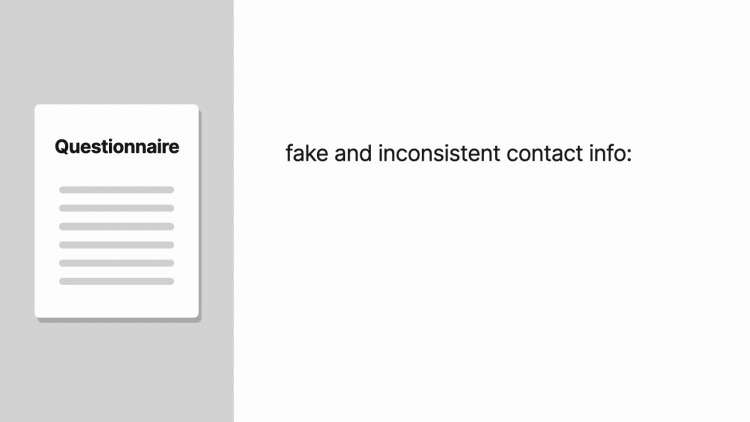Topheavy Studios Inc. v. Doe
Texas Court of Appeals
2005 WL 1940159 (2005)
- Written by Rose VanHofwegen, JD
Facts
Jane Doe was one of a group of 17-year-old girls who participated in a raunchy spring-break contest that Topheavy Studios, Inc. (defendant) filmed for a video game called “The Guy Game.” Topheavy’s CEO Jeff Spangenburg said the company knew minors might be present and instituted several protocols to prevent them from participating. Concern over fake IDs prompted Topheavy to hire people to check IDs at the contest and afterward. Participants had to present ID showing they were over eighteen and sign a release form consenting to Topheavy using the footage. Doe presented a fake ID that falsely showed she was over eighteen and signed the form. Spangenburg said if there was any doubt about a contestant’s age, Topheavy did not use that contestant. But despite suspicious irregularities in her identification card and release, Topheavy allowed Doe to participate. Spangenburg claimed that if he had known about the irregularities, he would have attempted to verify Doe’s information, but Doe’s information was not verified because she did not look or act as young as 17. When Topheavy released the video game, Doe sued for invasion of privacy and misappropriating her likeness. The trial court temporarily enjoined the game’s release while the lawsuit proceeded. Topheavy appealed, asking the court to dissolve the injunction on the ground that Doe consented to Topheavy using the footage. Doe countered that her consent was voidable because she was a minor when she signed it.
Rule of Law
Issue
Holding and Reasoning (Smith, J.)
What to do next…
Here's why 911,000 law students have relied on our case briefs:
- Written by law professors and practitioners, not other law students. 47,100 briefs, keyed to 997 casebooks. Top-notch customer support.
- The right amount of information, includes the facts, issues, rule of law, holding and reasoning, and any concurrences and dissents.
- Access in your classes, works on your mobile and tablet. Massive library of related video lessons and high quality multiple-choice questions.
- Easy to use, uniform format for every case brief. Written in plain English, not in legalese. Our briefs summarize and simplify; they don’t just repeat the court’s language.





